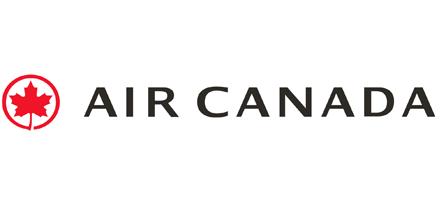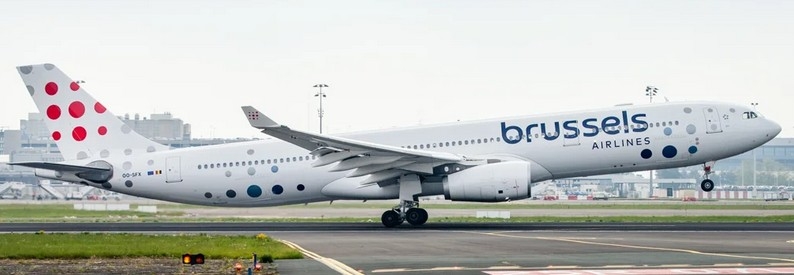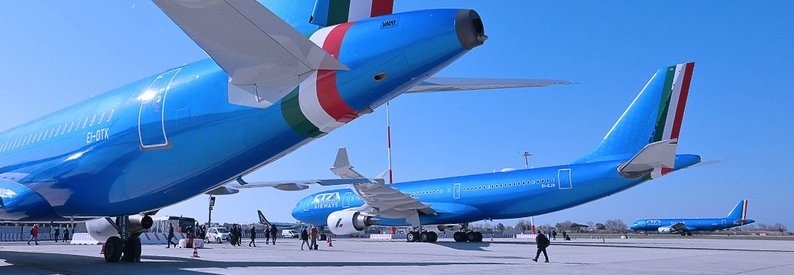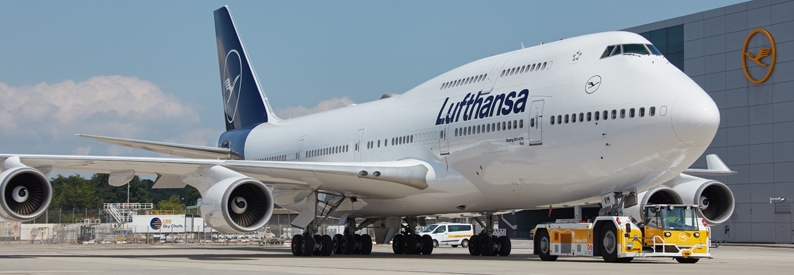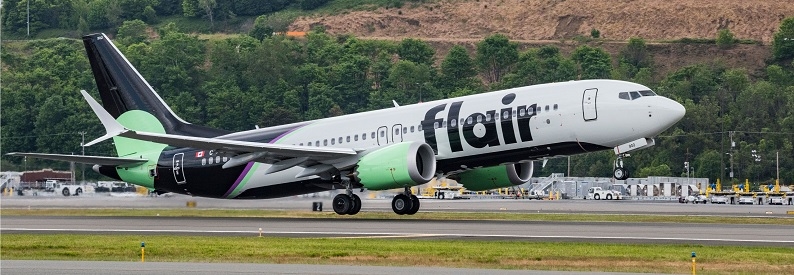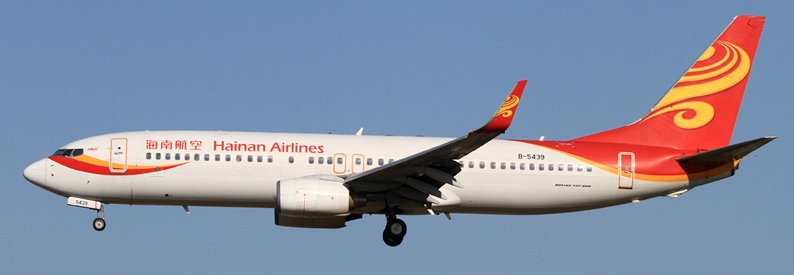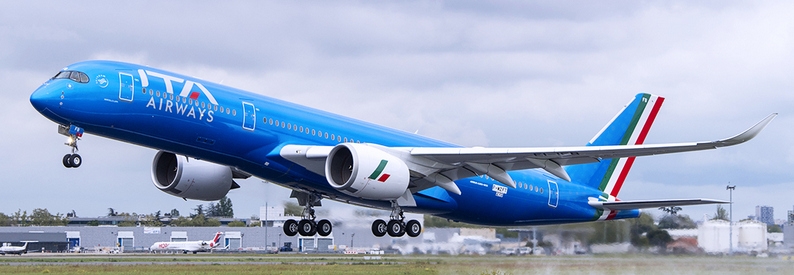Air Canada (AC, Montréal Trudeau) plans to raise just over USD552.6 million in Enhanced Equipment Trust Certificates (EETCs) - a security used in aircraft finance in North America in which a borrower leases assets from a specially created trust - with the aim of financing 16 aircraft that were delivered between 2001 and 2019, Fitch Ratings reported.
The aircraft currently serve as collateral under Air Canada's USD600 million bridge loan facility, and the proceeds from the offering will be used to pay down this credit facility, which closed in April 2020.
The sum to be raised in the Air Canada Pass Through Trust Series 2020-2 consists of USD452,625,000 class A certificates due in April 2029, which Fitch rates A-, and USD100,000,000 class B certificates due in October 2025, rated BBB-.
The collateral pool will include nine A321-200s, one B777-200LR, three B767-300ERs, and three B787-8s. Five of the A321s were delivered in 2001 and are approaching 20 years old, while the other four were delivered in 2013 and 2014.
The B777-200(LR) was delivered in 2008, the B777-300(ER)s in 2008 and 2009, and the B787-9s in 2017 and 2019.
The 2001-vintage A321s are scheduled to fall out of the collateral pool in October 2023, and all of the B777s will exit in October 2025, leaving the transaction to be secured by mid-life A321-200s and relatively young B787-9s for the last three-and-a-half years prior to maturity, Fitch said.
According to the ch-aviation fleets module, Air Canada currently operates a total of twenty-nine B737-800s, nine of which are owned. It has six B777-200(LR)s, four of which are owned; nineteen B777-300ERs, twelve of which are owned; and twenty-nine B787-9s, twenty-two of which are owned.
While Fitch views the transactions' exposure to widebodies and older aircraft as potential risks, "these are partly offset by the structure's relatively short weighted average life, which causes the transaction to de-lever more quickly than many comparable EETCs. The quality of the collateral pool will also improve over time as the older A321s and the B777s exit the transaction," the rating agency said.
However, it added: "Key assumptions within our rating case for the issuer include a harsh downside scenario in which Air Canada declares bankruptcy, chooses to reject the collateral aircraft, and where the aircraft are remarketed in the midst of a severe slump in aircraft values."
